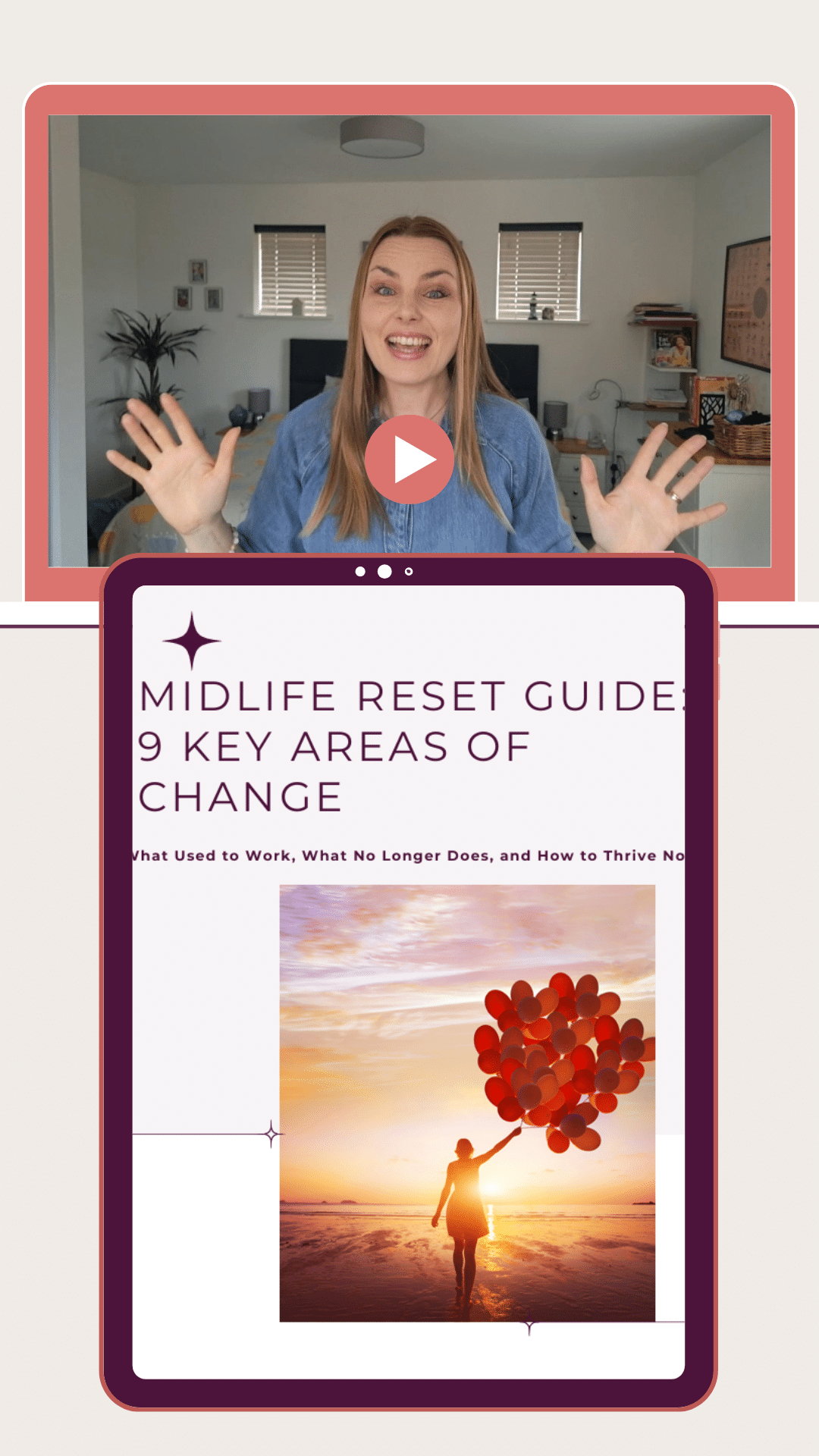When it comes to weight loss, one of the most debated questions is whether we should count calories. On one side, some argue that tracking every mouthful you consume is essential for success. On the other, critics claim it can be obsessive, ineffective, or even detrimental to long-term health. Let’s explore the arguments for and against calorie counting and determine if it’s the right approach for you!
The Case for Counting Calories
- Energy Balance is Key: Weight loss fundamentally depends on an energy deficit—burning more calories than you consume. Calorie counting helps you quantify and monitor your intake to ensure you’re creating that deficit. Think of it like budgeting, but for your plate.
- Awareness and Accountability: Many people underestimate how much they eat. Keeping a food diary or using an app to log meals can increase awareness of portion sizes, food choices, and hidden sources of calories. Spoiler alert: That “small” handful of nuts you grabbed might have more calories than your lunch.
- Flexibility in Diet Choices: Calorie counting doesn’t restrict you to specific foods or meal plans. As long as you stay within your daily calorie goal, you can eat a variety of foods and still make progress. Yes, even chocolate! But before you start dreaming of an all-candy diet, let’s pump the brakes. While calorie counting allows for flexibility, relying on junk food or sugary treats can throw your blood sugar levels on a rollercoaster ride. This not only leaves you craving more food but also makes weight loss feel like climbing a mountain. Plus, consistently eating nutrient-poor foods can wreak havoc on your health, energy levels, and mood. The key here is balance—enjoy the occasional treat, but prioritize whole, nutrient-dense foods to keep your body and mind in peak condition.
- Evidence-Based Success: Studies have shown that individuals who track their calorie intake are more likely to lose weight and keep it off compared to those who don’t. It’s science, not magic—though it might feel magical when your jeans fit better.
The Case Against Counting Calories
- Not All Calories Are Equal: A calorie from a candy bar doesn’t have the same nutritional value as a calorie from a piece of fruit. Focusing solely on calorie numbers may lead people to ignore the importance of nutrient density and food quality. Translation: you can’t live on cupcakes alone! Additionally, it’s important to note that our bodies use more energy to digest and metabolize protein compared to carbohydrates or fats. This is known as the thermic effect of food (TEF). By prioritizing protein-rich foods, you may naturally boost your calorie burn while feeling fuller for longer. Think of it as giving your metabolism a little workout every time you eat—bonus points for multitasking!
- Potential for Obsession: For some individuals, calorie counting can become overly restrictive or foster unhealthy relationships with food. It’s crucial to prioritize mental and emotional well-being alongside physical health. If you’re yelling at your salad for having too many croutons, it might be time to reassess.
- Time-Consuming and Tedious: Logging every bite can be awkward, especially for those with busy lifestyles. Over time, the practice may feel unsustainable. Who has time to count almonds when you’re trying to keep up with work emails?
- Biological Complexities: Factors like metabolism, hormones, and individual body composition influence weight loss. Calorie counting alone doesn’t account for these variables, which can lead to frustration if results aren’t as expected. Your body is a complex machine, not a vending machine.
My Personal Experience
When I was working with a coach, I was asked to track calories and log them every day. The coach was solely focused on the numbers—calories and macros—and showed little interest in teaching me about nutrition or encouraging a deeper understanding of food. It felt like I was just a number on a chart, not a person trying to make meaningful changes. This approach didn’t sit well with me and ultimately made me want to quit. What I’ve learned is that empowerment comes from education, not from obsessing over data. While calorie counting can be a valuable tool to gain awareness, it’s highly individual. For some, it’s a helpful method to track and learn about their eating habits. For others, it’s depressing and unsustainable. If you already have a good sense of how many calories you’re eating, you might not need to count. However, if you’re unsure, tracking for a short period—1-2 weeks—can provide insights into portion sizes and help identify areas where you may be over-consuming. Personally, I occasionally revisit calorie tracking for a couple of days as a refresher to remind myself of portion sizes and calorie contents in foods. It’s a way to recalibrate without turning it into a chore. Remember: It’s a tool, not a life sentence.
If you don’t want to count calories….
Portion control will be key in your long-term success. You don’t have to count calories, but using visual cues will help you manage portions:
- Protein: Palm-sized portion (like a chicken breast or fish fillet). Easy enough—unless you’ve got Hulk hands.
- Carbs: Fist-sized portion (pasta, rice, or potatoes). If you’ve got a big appetite, this one’s tough, but stick with it.
- Fats: Thumb-sized portion (cheese, butter, or salad dressing). Thumb wars, anyone?
- Vegetables: Pile your plate with above-ground veggies (broccoli, spinach, kale, peppers, etc.)—these are nutrient-dense and low in calories, so enjoy them freely.
Practical Eating Habits
In addition to the nutritional choices you make, practical eating habits will help you maintain consistency and avoid overeating:
- Use Smaller Plates: This tricks your brain into feeling satisfied with smaller portions. (Yes, your brain can be fooled—don’t tell it I said that.)
- Don’t Eat Out of Packaging: Always plate your food to avoid mindless snacking and portion distortion. Trust me, the chips are gone faster when you’re elbow-deep in the bag.
- Meal Planning and Prepping: Plan your meals ahead of time, batch cook, and freeze leftovers to make healthy choices easier during busy weeks. Future-you will thank present-you for this one.
- Mindful Snacking: Keep snacks under 150 calories, such as a handful of almonds, Greek yogurt, or carrot sticks with hummus. Bonus tip: Pretend the carrots are fries. (Okay, maybe that’s pushing it.)
Finding a Balanced Approach
Whether or not you should count calories depends on your personality, goals, and relationship with food. Here are some tips for finding a middle ground:
- Focus on Nutrient Density: Emphasize whole, unprocessed foods like vegetables, lean proteins, and whole grains. These are often naturally lower in calories and more satisfying.
- Practice Portion Control: Even without strict calorie counting, being mindful of portion sizes can help prevent overeating.
- Use Calorie Counting as a Tool, Not a Rule: Instead of obsessing over exact numbers, use calorie tracking as a guide to understand your eating habits and make informed choices.
- Seek Professional Guidance: a nutritional coach can provide personalized advice and help create a sustainable plan tailored to your needs.
For some, calorie counting provides structure and clarity; for others, it may feel restrictive or unsustainable. But real, lasting change goes beyond just counting numbers—it’s about understanding why we eat the way we do, creating sustainable habits, and finding a balance that works for you. That’s exactly what I do with my clients in the 1-Hour to Take Back Control session. It’s not just about meal plans or calorie talk—I take a deep dive into your individual scenario: your eating habits, your lifestyle, and the unique challenges you face. Together, we’ll create a personalized plan to help you take charge of your eating habits, feel in control (no more uncontrollable cravings!), and start seeing real progress—without feeling deprived. If that sounds like what you need, check out the 1-Hour to Take Back Control session here.



